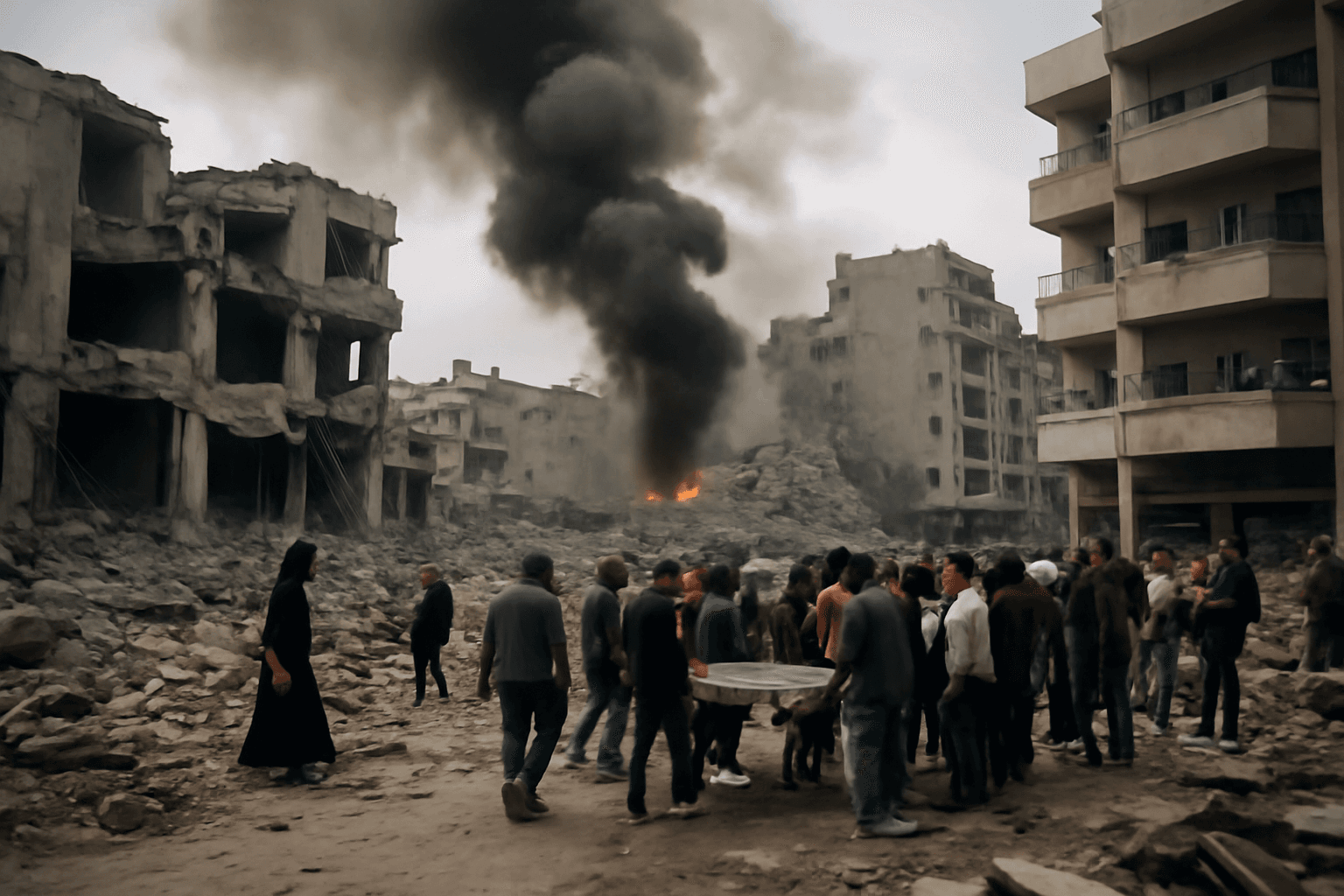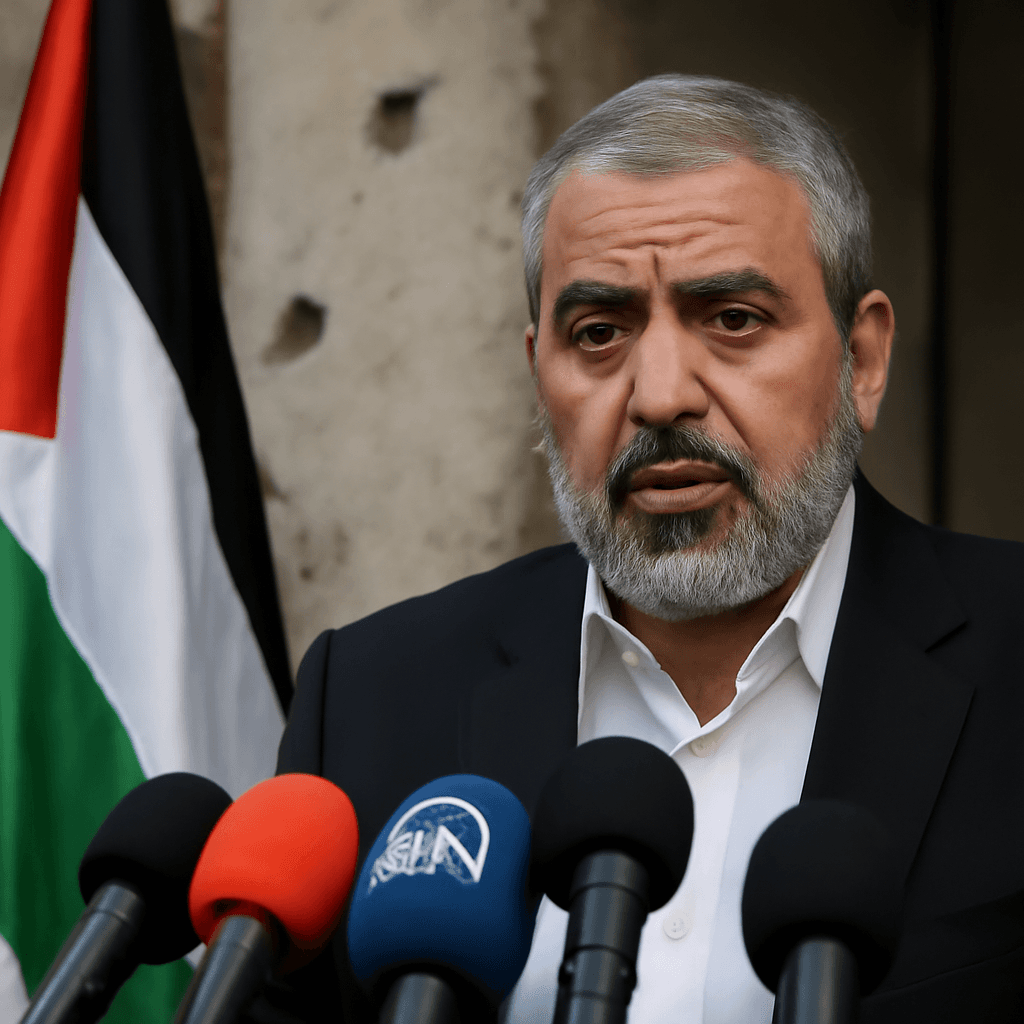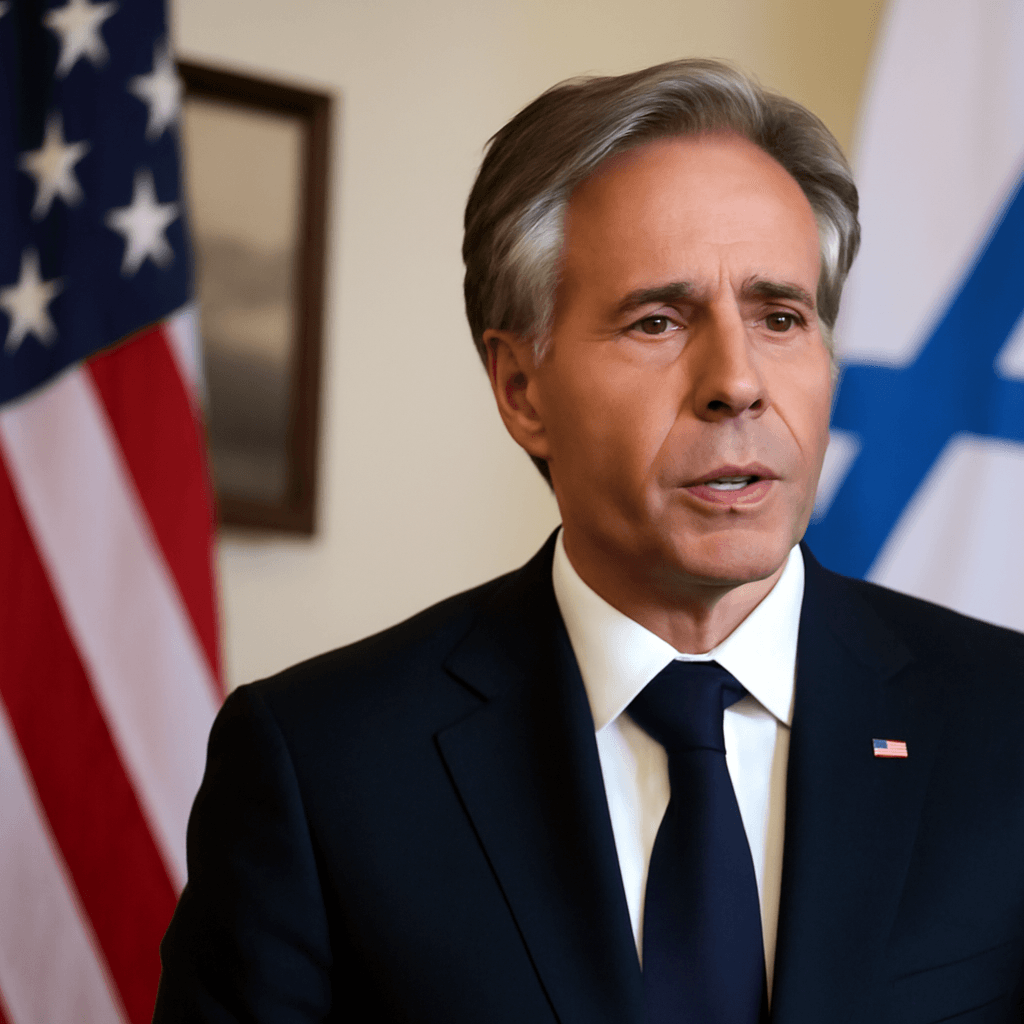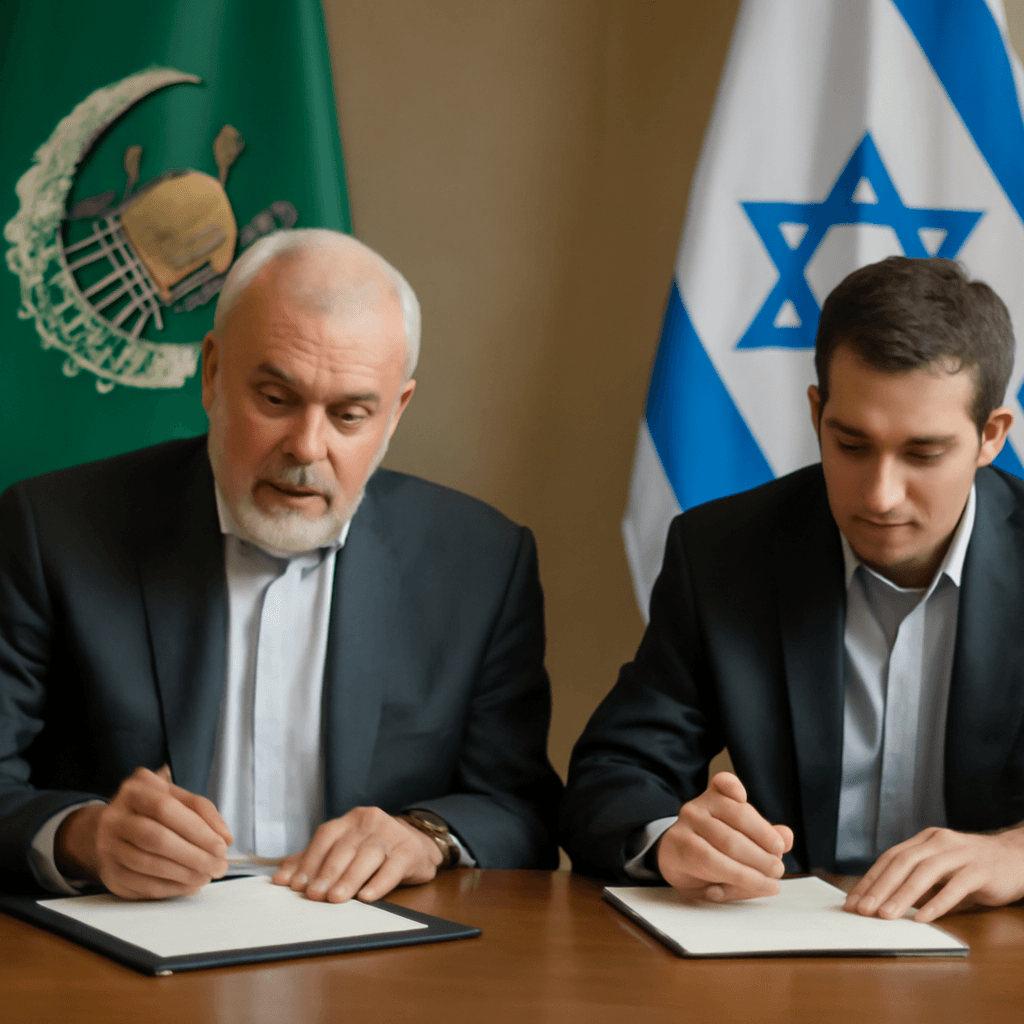Hamas Proposes Amendments to Ceasefire Plan
Hamas has requested modifications to the latest U.S. ceasefire proposal for Gaza, focusing on key issues including U.S. guarantees, timing for the release of hostages, aid delivery, and Israeli military withdrawal. The group emphasized that the proposal envisions a permanent ceasefire, comprehensive Israeli withdrawal from Gaza, and guaranteed humanitarian aid flow.
The plan also involves the release of 10 living hostages and the bodies of 18 others in return for a negotiated number of Palestinian prisoners, reflecting ongoing complex negotiations.
Ceasefire Proposal Details
Israeli officials have approved the proposed temporary ceasefire — expected to last 60 days — which aims to pause hostilities, facilitate humanitarian aid, and enable some hostage exchanges. Presidential representatives have indicated that negotiators are nearing agreement, which would mark a significant step amid nearly 20 months of conflict.
Intensifying Humanitarian Crisis in Gaza
Despite limited easing, Gaza remains in the grip of a severe humanitarian crisis. Hunger has surged following a prolonged Israeli blockade, leading to desperate measures by civilians. Recently, Palestinians offloaded and blocked 77 food trucks intended for Gaza, mainly carrying flour, before they could reach distribution points.
A witness from Khan Younis described thousands of civilians seizing aid from a stopped U.N. convoy at a makeshift checkpoint, highlighting growing desperation. Over 2 million people in Gaza face imminent famine due to restricted supply routes.
Aid Delivery Challenges
Israeli coordination authorities reported nearly 579 aid trucks entering Gaza in one recent week, a stark contrast to the 600 trucks per day reported during a previous ceasefire. Meanwhile, humanitarian agencies emphasize the urgent need to ramp up food shipments, noting stockpiles sufficient to feed Gaza's population for around two months remain stranded due to operational impediments.
Security Concerns Affecting Aid Distribution
U.N. officials report multiple incidents of looting at aid facilities, underscoring security challenges. Recent fighting has severely limited aid access, with only a fraction of planned shipments successfully crossing checkpoints.
Recently established humanitarian distribution foundations, supported by U.S. and Israeli stakeholders, have begun operations aimed at eventually replacing traditional U.N. aid mechanisms. These foundations work with armed contractors to maintain security during food distribution, a practice criticized by some aid organizations for potentially militarizing humanitarian efforts.
Ongoing Israeli Military Operations
The Israeli military continues active strikes in Gaza, targeting numerous sites. According to local health authorities, at least 60 individuals were killed in the 24 hours prior, including civilians caught in attacks on vehicles and shelters.
Throughout the conflict that began in October 2023, Israeli airstrikes have caused extensive casualties in Gaza, with over 54,000 deaths reported, primarily women and children. Hostage situations remain critical, with 58 individuals still held in Gaza and concerns mounting over their survival amid hostilities.
Appeals for Comprehensive Ceasefire
Families of hostages have urged a full ceasefire and simultaneous release of all captives, warning that partial agreements risk the lives of those still detained. Continued military pressure threatens the remaining hostages' survival, emphasizing the urgency of a negotiated resolution.



















